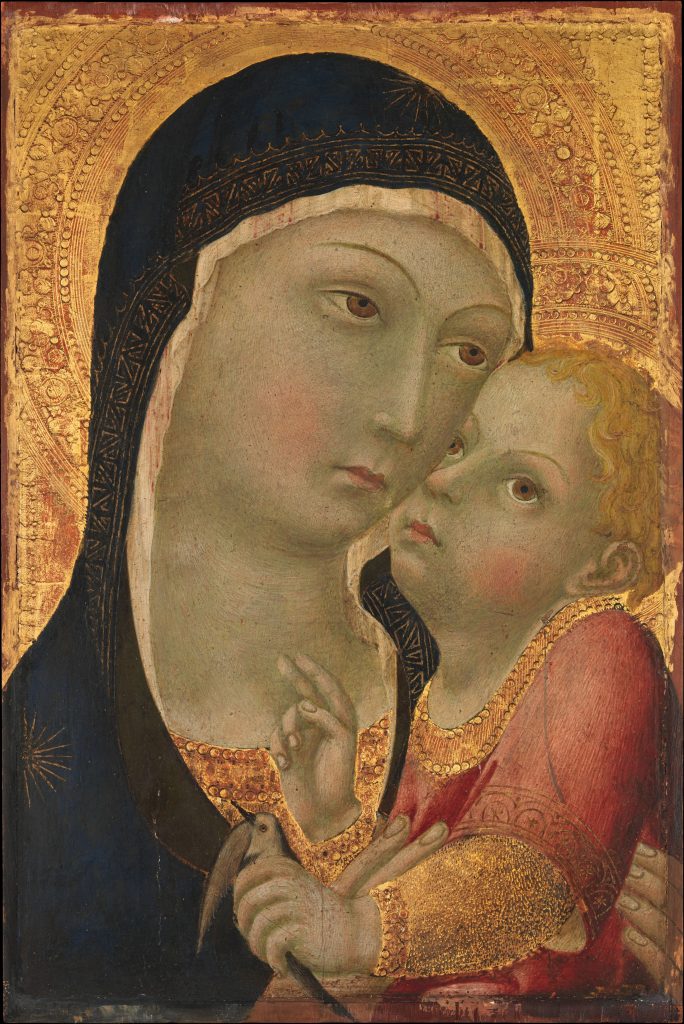From before all ages, God had destined her for this decisive role in salvation history. She was to be the woman who in the fullness of time would bear God’s only Son, as Paul tells us in today’s Epistle.
In times past, God spoke to his chosen people, the Israelites, through prophets (see Hebrews 1:1–2), and imparted his blessings upon them through his priests, as we hear in today’s First Reading.
But now, he has sent his Son — to reveal his glory and his kingdom, to make his way of salvation known to all nations, as we sing in today’s Psalm. In the Infant lying in the manger, God has shone his face upon us (see John 14:8–9).
Jesus is made a child of Israel, an heir of God’s covenant with Abraham, by his circumcision in today’s Gospel (see Genesis 17:1–14). And we have been made adopted sons and daughters by baptism, which is the circumcision of Christ, the true circumcision (see Colossians 2:11; Philippians 3:3).
As children of God, Paul says today, we are heirs of the Father’s blessings, which he promised to bestow on all peoples through the descendants of Abraham (see Genesis 12:3; 22:18; Galatians 3:14).
This is the blessing which Aaron imparted to Israel, the people descended from Abraham. And this blessing comes to us through Mary and the Child.
This is the good news of great joy that the shepherds make known in Bethlehem today (see Luke 2:10).
Like the shepherds, we too should make haste today to find Jesus with Mary and Joseph, and to glorify God for his blessings. And like Mary, we should keep his word and reflect upon it, letting it dwell richly in our hearts (see Colossians 3:16).

